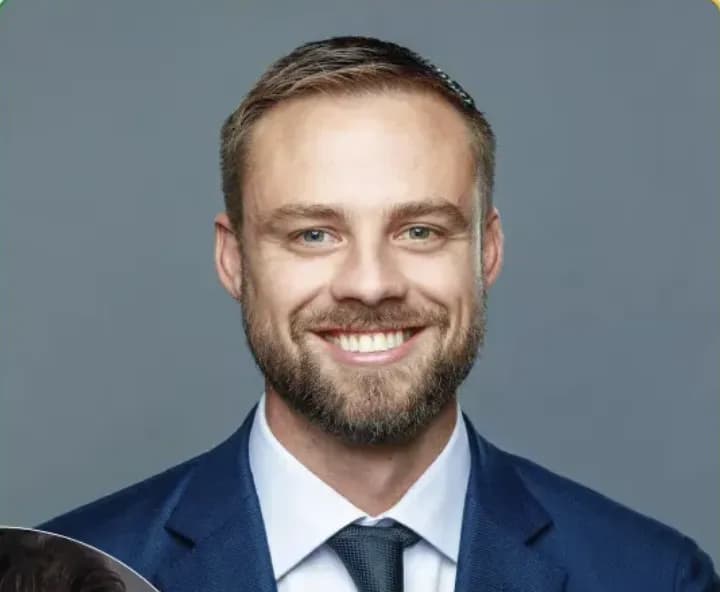Sergio Hernandez’s Favorite for the Win: Serbia

Sergio Hernandez is no stranger to success in basketball coaching. He led the Argentina national team to the Finals in the 2019 FIBA Basketball World Cup and clinched a bronze medal at the 2008 Beijing Olympics. With coaching stints spanning from 2005 to 2010 and then from 2015 to 2021, Hernandez finally retired after the Tokyo Olympics two years ago.
During his career, he had the privilege of coaching legends like Manu Ginobili, Luis Scola, and Facundo Compazzo, pitting them against formidable opponents such as LeBron James, Kobe Bryant, and Dirk Nowitzki. Having participated in three editions of the World Cup, Hernandez possesses extensive knowledge of the competition.
Before the recent Quarter-Final clash between Slovenia and Canada, Hernandez shared his insights with FIBA basketball.
Q: What differences do you observe on the court in this 2023 World Cup compared to previous editions? What stands out?
A: This year, the notable difference is the emergence of new, highly competitive teams. These nations are not newcomers to basketball, but they have now become capable of challenging the best. I’m particularly impressed by Germany and Latvia. While these countries have a rich basketball culture, they can now go head-to-head with any team, which was not the case before. In terms of Semi-Finals this year, we have a different lineup compared to 2019, which featured Argentina, France, Spain, and Australia. The introduction of new teams and players is a positive development. The style of play hasn’t changed significantly, but different teams are adopting diverse styles. Germany and Latvia favor a slower pace, while Serbia and the USA opt for a faster tempo. One thing is clear: the basketball showcased during the World Cup’s Final Phase is the best of the year. The passion for national teams, the abundance of talent, and the high-stakes nature of FIBA games make it the pinnacle of basketball.
Q: Who do you believe will emerge victorious this year, and why?
A: In my view, Serbia is the front-runner to win. They demonstrate exceptional teamwork and possess a stronger defense compared to other teams. A telling example is Lithuania, which managed to score 110 points against the USA but only 68 against Serbia. Serbia is the top contender, although the USA is undoubtedly strong, and I have a lot of respect for Germany. If I had to pick one, it’s Serbia.
Q: What are your thoughts on Coach Pesic’s impact on the Serbian team?
A: Firstly, I’d like to emphasize that Serbia could assemble another competitive team with different players and still vie for the World Cup title. Regarding Coach Pesic, he’s doing an outstanding job. When you maintain such competitiveness, age becomes less relevant. What truly matters are your daily routines, discipline, and unwavering commitment. Coach Pesic coaches during the season, stay in top physical shape and remain prepared. Coaching can be a highly stressful profession, but it’s evident that all the players have embraced his philosophy. Watching the Serbian team, you can unmistakably see Pesic’s influence—strong defense, unwavering focus, intelligent ball movement, and thoughtful shot selection. Without a doubt, he ranks among the best coaches in FIBA history.
Q: What does a team need to reach the Final?
A: In any team sport, players are the linchpin. Even if you have the finest coach and strategy, you require top-tier talent. Additionally, you need a selfless team where every member’s primary objective is winning. National teams often include players accustomed to being stars in their club teams. In the national team setting, they might receive fewer minutes or spend time on the bench. Despite potential frustrations, everyone needs to set aside their egos and collaborate. Compared to club basketball, national teams have limited preparation time, underscoring the importance of executing plays to perfection. Success boils down to a combination of talent, team chemistry, and unwavering commitment.
Q: Has any particular team surprised you in this World Cup?
A: Serbia’s prowess isn’t a surprise, so I’d single out Canada. It’s not because they aren’t a strong team—indeed, they are. What surprised me is that they predominantly feature NBA players and a coach from Spain, who coached in the NBA but hadn’t previously coached in FIBA. I had reservations about how well they’d adapt to FIBA basketball, given the differences in rules and play styles. Nonetheless, they have performed admirably, which is no small feat. FIBA has unique rules, and even something as simple as the three-second rule violation in defense can alter the game significantly. Thus, I’m surprised by their seamless transition. I also must commend Germany for its exceptional performance. Lastly, Latvia, while possessing less individual talent compared to other teams, has impressed with their cohesive play, discipline, and smart basketball. Coach Luca Blanchi deserves credit for their remarkable performance.
Q: Who is the most challenging player you’ve coached against?
A: I’ve had the privilege of coaching against basketball luminaries such as LeBron James, Kobe Bryant, Pau Gasol, and Dirk Nowitzki. However, the most formidable challenge I encountered was when we faced Luka Doncic at the Tokyo Olympics. We tried every conceivable defensive strategy—traps, double-teams, switching on pick-and-rolls, assigning both guards and bigs to guard him—yet we felt utterly helpless. Doncic scored a staggering 31 points in the first half and concluded the game with 48 points and 11 assists. It was an unbelievable performance, and in my view, he currently ranks as the world’s best player, alongside Nikola Jokic.






